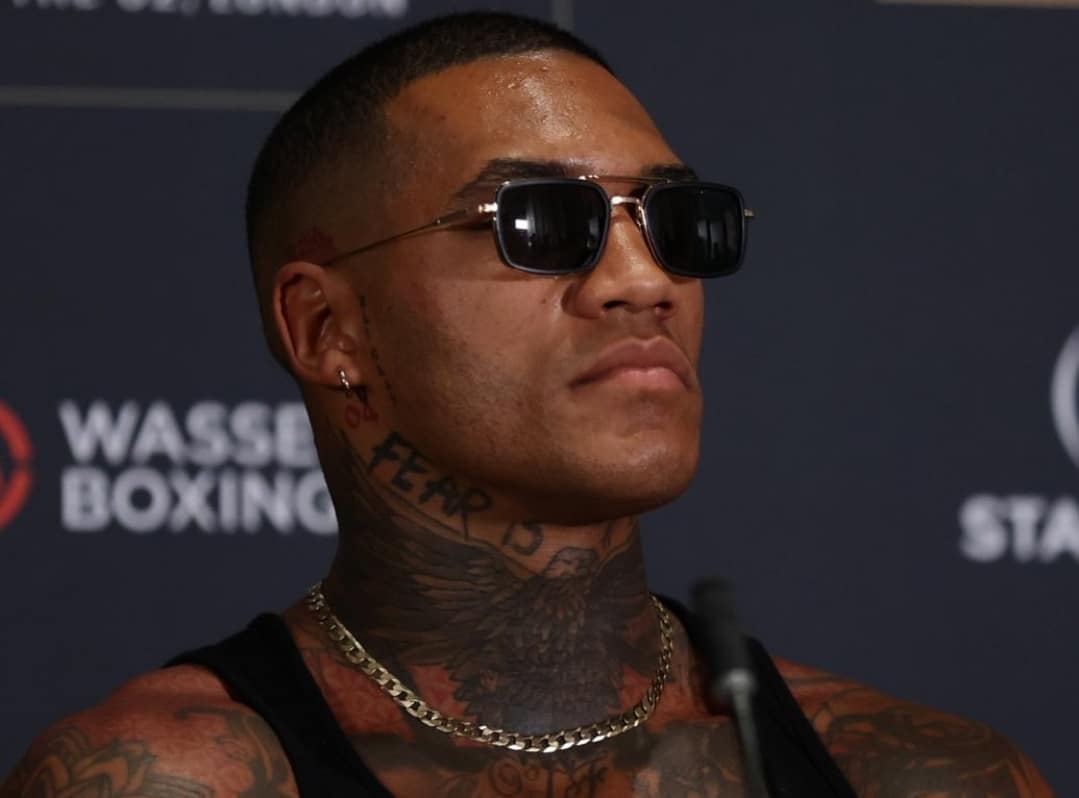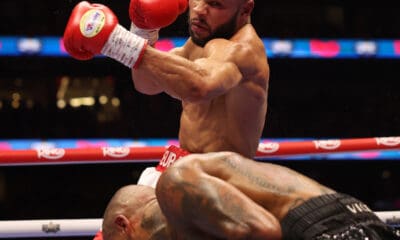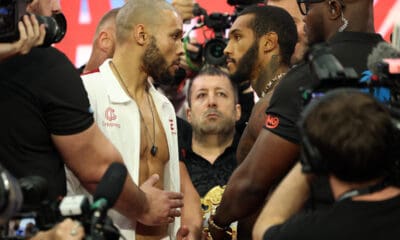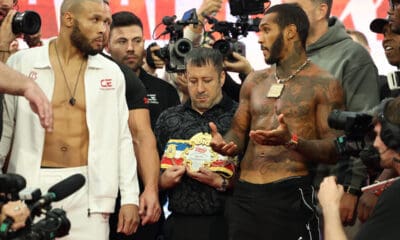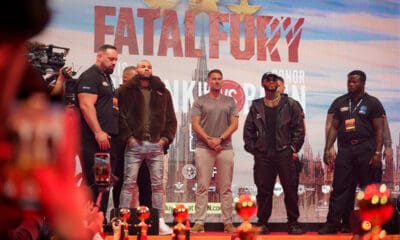Supposedly, it was to be a fistic bonanza featuring offspring of the greatest rivals in British boxing history, Chris Eubank Sr. and Nigel Benn. The richest fight between children of great fighters. The continuation of a legendary feud.
Now, days away from the opening bell, it might not happen at all. And it shouldn’t. Yes, the catchweight showdown between Conor Benn and Chris Eubank Jr. is in peril now that Benn – who was to fight roughly 10 pounds above his natural fighting weight – tested positive for the banned substance clomifene, which reportedly boosts testosterone production.
Promoter Matchroom Boxing announced the fight would go on, but hours later, the British Board of Control – the body that oversees boxing in the United Kingdom – said no, it will not, citing “boxing’s best interests.”
Surely, there’s more negotiating and talking and discussing of “B” samples to do, as Matchroom’s Eddie Hearn is challenging the decision. But, for the first time in a long time, an organizational body in the sport of boxing appears to be making the right call.
Let’s be real about this fight: it was never necessary. In terms of its significance to the sport, it has none. Benn is a welterweight, Eubank Jr. a middleweight (and sometimes a super middleweight). There was no demand for this fight. Matchroom paired these two because of the appeal of their last names and their moderately successful careers. It’s a promotional company, afterall, and it seized on a potentially fleeting opportunity when it saw it. There’s lots of money on the table for many folks, and the two fighters stand to make six figures.
It’s also an opportunity that did not otherwise exist for either fighter. And so the fight was made, to the delight perhaps of nostalgists who remember their dads doing battle so fiercely over two fights more than 30 years ago (if not to the purists and realists who look at it as more of a curiosity).
But this is not Chris Eubank Sr. and Nigel Benn, two of the greatest fighters in British boxing history, neither of these fighters have that ilk. It’s a forced fight between sons to make money. This is boxing, so it’s not the biggest sin. In 1988, Sugar Ray Leonard won a 175-pound title from a 175-pound world champion who didn’t even weigh 175 pounds. How’s that for creativity?
But now, besides the unseemliness, unprofessionalism, and unfairness that typically mark opportunistic pairings, this has an extra layer of shadiness. And danger.
Boxing is the hurt business, where fighters often die, even when the matchup is balanced. Just days ago, Colombian junior welterweight Luis Quinones passed away following a knockout loss to Jose Munoz. He was 25 years old. Imagine if this fight went on, and there was a severe injury or death – under these circumstances? It would indict the entire sport. And rightly so.
As though pairing fighters who aren’t the same size isn’t enough, the idea of moving forward with a fight after a participant tests positive for a banned substance is beyond ridiculous. You can say all you want about nutrition and “supplements,” but it appears obvious that one undersized participant felt the need to take a banned substance in order simply to compete.
Which brings into question the merit of this fight in the first place. The reality is: there really is no merit. There never was. It was always for money. This is one “superfight” that boxing can do without.
Matthew Aguilar may be reached at maguilarnew@yahoo.com










